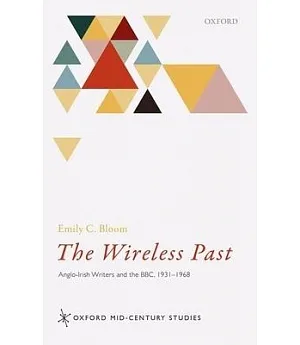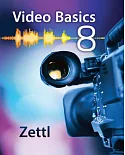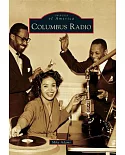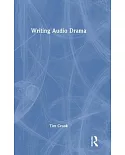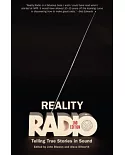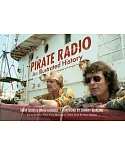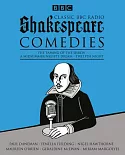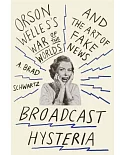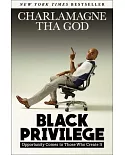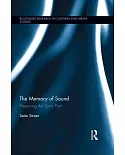The Oxford Mid-Century Studies series publishes monographs in several disciplinary and creative areas in order to create a thick description of culture in the thirty-year period around
the Second World War. With a focus on the 1930s through the 1960s, the series concentrates on fiction, poetry, film, photography, theatre, as well as art, architecture, design, and other media.
The mid-century is an age of shifting groups and movements, from existentialism through abstract expressionism to confessional, serial, electronic, and pop art styles. The series charts such
intellectual movements, even as it aids and abets the very best scholarly thinking about the power of art in a world under new techno-political compulsions, whether nuclear-apocalyptic, Cold
War-propagandized, transnational, neo-imperial, super-powered, or postcolonial.
The Wireless Past chronicles the emergence of the British Broadcasting Corporation (BBC) as a significant promotional platform and aesthetic influence for Irish modernism from the
1930s to the 1960s. This is the first book-length study of Irish literary broadcasting on the BBC and situates the works of W. B. Yeats, Elizabeth Bowen, Louis MacNeice, and Samuel Beckett in
the context of the media environments that shaped their works. Drawing upon unpublished radio archives, this book shows that radio broadcasting, rather than prompting a break with literary
history and traditional literary forms, in fact served as an important means for reinterpreting the legacies of oral and print traditions. In the years surrounding World War II, radio came to
be seen as a catalyst for literary revivals and, simultaneously, a force for experimentation. This double valence of radio--the conjoining of revivalism and experimentation--create a
distinctive radiogenic aesthetics in mid-century modernism.

